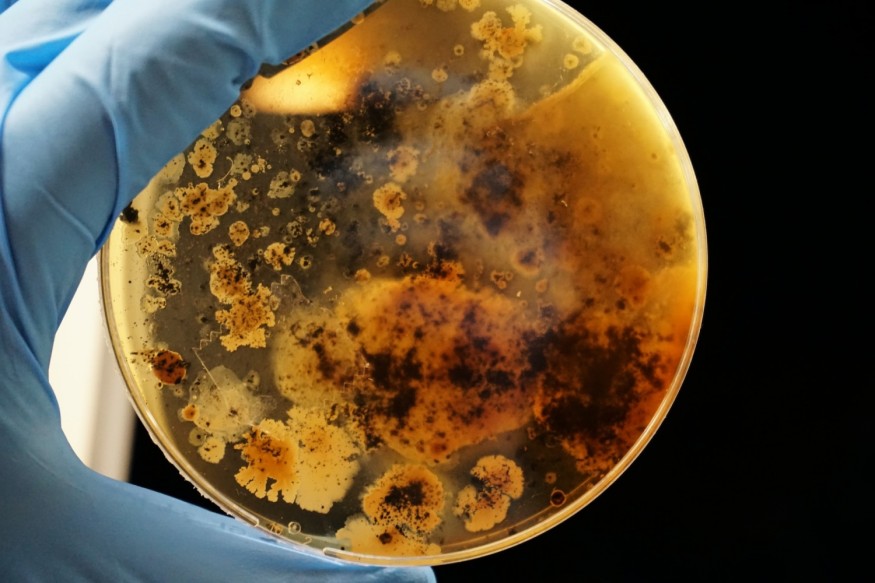E. coli bacteria is known for living in the intestines of both healthy humans and animals. Just like other pathogens or microbes, bacteria in general are often considered to be mindless organisms that lack the cognitive features of a person or animal's brain. This means that these tiny organisms are confined in their limited environment and time before their eventual demise.
However, this is not always the case, according to a new study, where a scientific team led by researchers in the United States discovered that E.coli is capable of multigenerational memory and decision-making. This breakthrough discovery challenges previous research that pathogens are not capable of long-term memory and other cognitive abilities.
Multigenerational Memory

In the study published in the journal PNAS, scientists found that a "heritable iron memory" called multigenerational memory that can last for several generations allows decision-making among E. coli bacteria. These findings come in the context that humans can reactivate specific neurons to produce long-term memories during repeated encounters with different stimuli.
The PNAS study research team specifies that E. coli can remember their swarming experience or motility for several generations. The team then linked this bacterial memory to be crucial when it comes to antibiotic survival. In recent years, scientists have confirmed that some bacteria have become antibiotic-resistant. The discovery implies that E. coli bacteria can remember previous recurring, similar doses of medicines injected to a certain host to fight bacterial infections.
E. Coli Bacteria
E. coli, officially known as Escherichia coli, are bacteria found in our surrounding environment and even foods, as well as intestines of people and animals, as mentioned earlier, according to the Centers for Disease Control and Prevention (CDC). These pathogens are a large and diverse group of bacterium, where most strains are harmless but others can make a person sick.
The common symptoms of having a bad E. coli bacteria strains are diarrhea, urinary tract infections (UTI), respiratory illness, pneumonia, and other illnesses, according to the CDC. Despite their notorious track record in the world of viral infections and diseases, most E. coli is an integral part of a healthy intestinal tract among humans. Other than us, this type of bacteria is found in warm-blooded animals like cats and dogs.
Is a Bacteria a Plant or Animal?
Bacteria are neither animals nor plants since they do not possess the complete biological features to be described as such. Instead, they are unique organisms and deserve their own separate classification system, according to the Australian Museum. However, bacteria share some characteristics with members of the Animal Kingdom, including the production of nucleic acid which is found in the pancreas, sperm, and spleen.
Scientists classify bacteria as prokaryotes, along with archaea, which are unicellular life forms. On the other hand, animals and plants are eukaryotes, which are organisms that contain cellular nuclei and other membrane-bound organelles.
© 2025 NatureWorldNews.com All rights reserved. Do not reproduce without permission.





